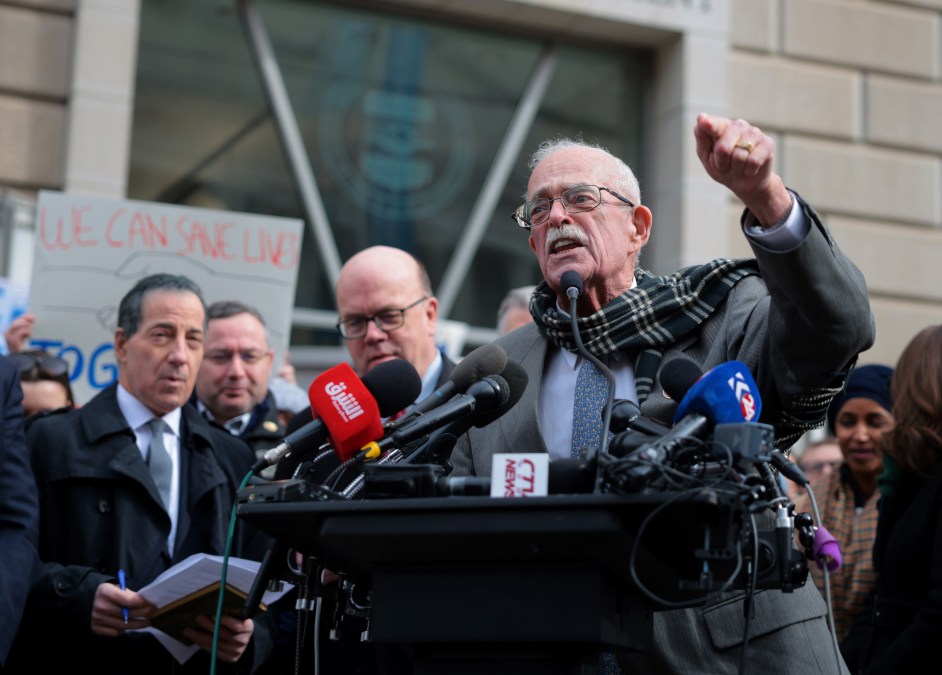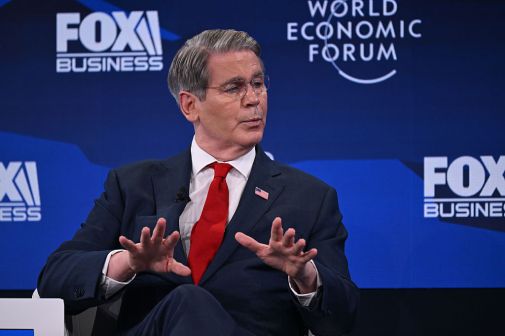Govtech advocate Connolly stepping down from House Oversight role as cancer returns

Rep. Gerry Connolly, one of the most vocal government technology advocates in Congress, announced Monday that he will be leaving his role as ranking member of the House Committee on Oversight and Government Reform due to the return of his cancer.
In a post on the X platform, Connolly said that after announcing his diagnosis six months ago and undergoing treatment, the disease was “initially beaten back.” Now that the cancer has “returned,” the Virginia Democrat said he will be “stepping back” from his House Oversight leadership position while doing “everything possible” to continue representing his constituents as he serves out his final months in Congress.
“The sun is setting on my time in public service, and this will be my last term in Congress,” Connolly wrote in his statement. “With no rancor and a full heart, I move into this final chapter full of pride in what we’ve accomplished together over 30 years.”
In recent months, Connolly has led the Oversight minority in making a case against the Department of Government Efficiency, specifically in DOGE’s accessing of Americans’ sensitive information housed in government networks and then purportedly feeding that data into unauthorized artificial intelligence systems.
Just last week, the congressman reintroduced legislation with Rep. Nancy Mace, R-S.C., that would reauthorize the Technology Modernization Fund and extend the program to 2032.
Connolly previously told FedScoop that he hoped that DOGE would push for more TMF funding, and that he believes the program should be funded with levels “slightly north of $3 billion.”
“They’re treated separately than your normal operating budget, and the federal government really doesn’t do that,” Connolly said. “As we’re looking at IT modernization management, we’ve got to do that. We’ve got to understand there’s a return on these kinds of investments.”
The Virginia Democrat is responsible for co-authoring the bipartisan 2014 Federal Information Technology Acquisition Reform Act (FITARA), which aimed to overhaul federal laws governing IT management. The Government Accountability Office said in a 2022 report that FITARA has led to a significant amount of savings on federal IT projects, a fact Connolly attributed to the scorecard’s creation and consistency.
Connolly told FedScoop a week before the Trump administration took office that he believed there were more govtech savings to be had, pointing to low-hanging fruit such as modernizing legacy government IT. Those simple wins, he hoped, could align with DOGE’s stated goals to save the government more money and reduce waste, fraud and improper payments.
“That’s the kind of commitment and persistence that is going to be required if we’re going to actually ring out savings that are to be had,” Connolly said of DOGE. “If you’re willing to take a thoughtful approach to government investment and government R&D, you’ll find me a willing partner.”






